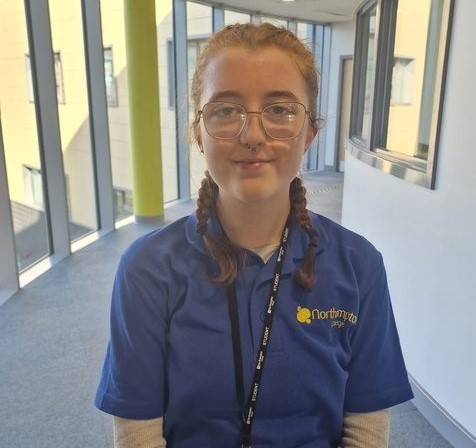
Choices in education are often misunderstood and subject to widespread prejudice. This can be damaging because we know that further education provides an excellent springboard into worthwhile careers. Let’s look at the most common misconceptions about colleges and dispel the myths. People who don’t know better might think that if you go to college you:
Must pass a tough interview
Interviews for college places are informal offering tutors the opportunity to find out about your interests and abilities so that they can suggest the right course. There are courses at all levels for everybody.
Can’t take any further GCSEs or repeat them to raise your grades
Don’t despair about poor GCSE grades. All students continue to study maths and English if they are aged under 19 and haven’t yet achieved a Grade 4 (the new C grade) or above. This could lead to GCSE re-sits or functional skills qualifications (often preferred by employers because they are so practical). If you have achieved a grade 4, you can work to improve this to a higher grade.
Will either sink or swim without the support of a school environment
In fact, there is a huge support network in college that helps with everything from practical issues such as finances and bus passes, to emotional problems such as anxiety, or helping new students to settle in. Tutors let parents know if their child is not attending regularly or not making progress. If you are dyslexic we have specialist tutors who will support you with developing your English and maths and your course work. We look after students with learning difficulties or disabilities so that they have a good college experience too.
Might get qualifications but they won’t be as good as A Levels
At Level 3, there are many qualifications that you can take as alternatives to A Level. A BTEC diploma is the equivalent of three A Levels. These are highly regarded by industry and higher education organisations. There are many qualifications at Level 2 and below that you can take to help you to progress into work or on to Level 3. Or you can start an Apprenticeship at Level 2 and progress to higher levels while working at the same time.
Won’t be able to go to university
We know what students need to get a higher education place. Entry requirements are usually based on points and students need to be qualified at Level 3 or above. A Levels are classed as Level 3 courses and so are many of the technical qualifications we offer such as BTECs. Points can be gained from any Level 3 qualification, in any combination.
Won’t have such a wide of range of career choices
Choices of next steps and careers are just as wide-ranging as when a student follows more traditional routes. Tutors often inspire students with their own experience to think of careers that they had never heard of before. If you’re keen to start working immediately and earn while you learn, we can introduce you to local employers and you could start an Apprenticeship.
Will experience poor behaviour from other students that is widely tolerated
This is simply untrue. College students are told firmly as part of their induction that their behaviour is expected to be of the highest standard. Any breaches of discipline are dealt with severely. There is very little poor behaviour in colleges as most students are keen to model independent, adult lifestyles.
Will be met with low expectations of your performance
At college, we demand high expectations of our students and this starts with attendance and punctuality. We find that when students attend regularly, they achieve higher grades. We want our students to succeed and exist to encourage their highest aspirations.




